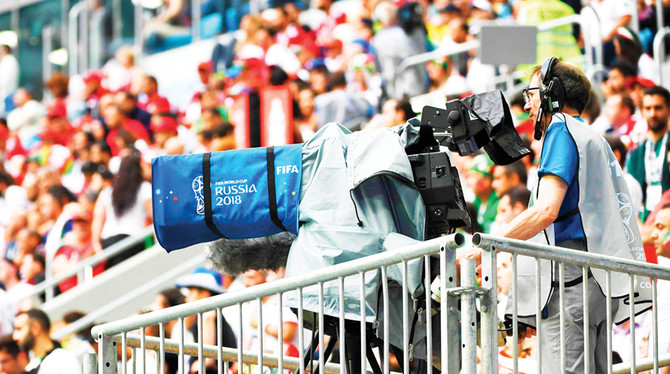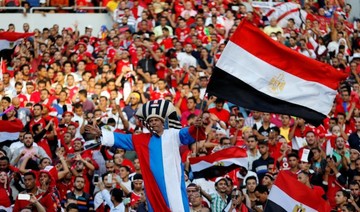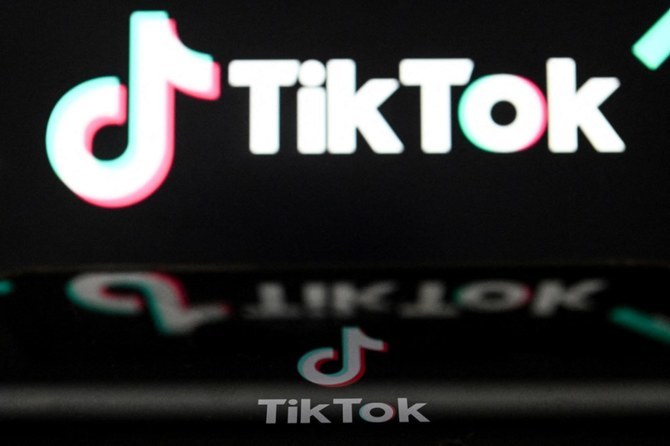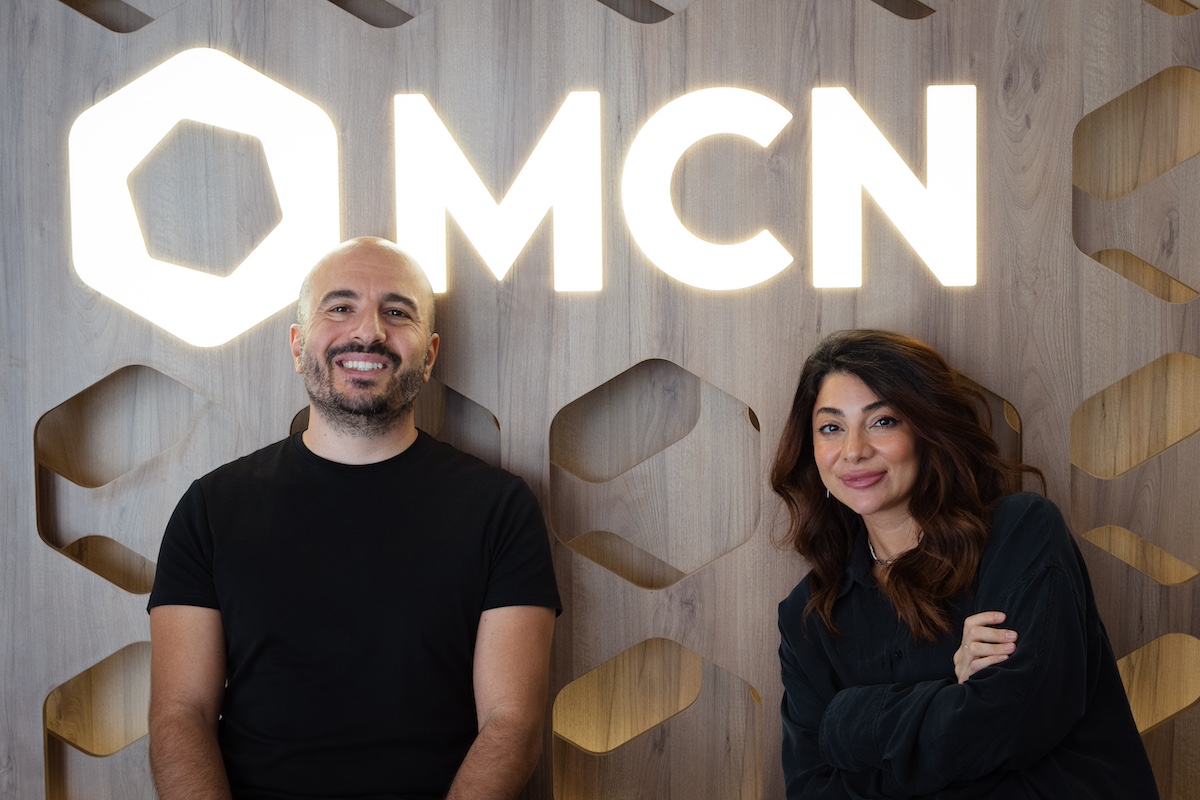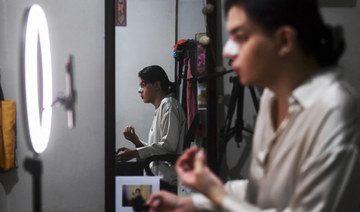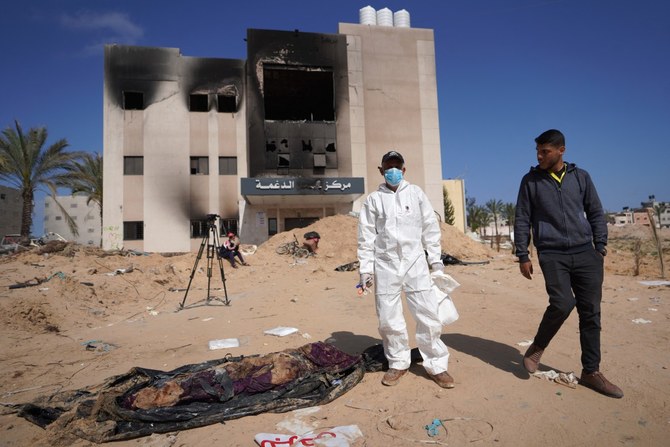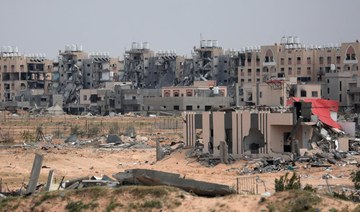LONDON/ST. PETERSBURG: The World Cup is supposed to bring people together — but for one Qatar-owned broadcaster, it has become a game of political point-scoring, critics say.
BeIN Sport, which owns the rights to broadcast the tournament games in the Middle East and North Africa, has been accused of infringing broadcasting standards by “politicizing” coverage of the football tournament.
It has led legal experts to claim that FIFA should launch an investigation into why the broadcaster brought politics into play during coverage of World Cup games. Other commentators have also pointed out that — as with the Al Jazeera news channel — BeIN takes a wildly different political stance on its Arabic and English offerings.
Instead of critiques of players’ performances, BeIN pundits have ventured offside — with comments aimed at criticizing Saudi Arabia. Qatar is in the midst of a year-long diplomatic dispute with the Kingdom.
In one BeIN broadcast, a commentator accused Saudi of “selling out the Palestinian cause,” while in another the host suggested the Kingdom’s top sporting officials will become “prisoners at the Ritz-Carlton,” a reference to the detentions in Riyadh during the anti-corruption drive last year.
World Cup coverage by BeIN Sport — which is not accessible in Saudi Arabia — prompted Turki Al-Asheikh, chairman of the Kingdom’s General Sports Authority (GSA), to threaten legal action.
“Necessary legal action will be taken in relation to BeIN wrongdoings against KSA, its sports and officials, and for exploiting sports to achieve political goals,” Al-Asheikh tweeted on Friday. “This proves Saudi authorities’ true stance when banning this network from airing on its soil.”
BeIN Sport’s coverage of the opening game of the World Cup — in which Saudi Arabia were beaten 5-0 by hosts Russia — has drawn particular criticism.
After the game, the BeIN host asked a commentator who was responsible for the defeat, making an unusual link to Saudi Arabia’s corruption crackdown late last year.
“Who is responsible? The head of the Saudi sports authority, the Saudi Sports Federation, the technical training staff, and finally the players,” the host said. “They are all employees of the crown prince and soon we might see the technical staff and Turki Al-Alshaikh as prisoners at the Ritz-Carlton.”
LimelightPlayerUtil.embed({"height":576,"width":1024,"mediaId":"63ca6d1e65f44841b08b3163fb459f15","playerId":"limelight_player_203975","playerForm":"Player"});
Saudi Arabia’s poor performance in the game was widely covered by media in the Kingdom, with Al-Asheikh saying he took “full responsibility” for the national team’s loss at the World Cup opener.
But these comments were not widely reported by BeIN — with the network instead turning to what one commentator described as “gloating” and “sarcastic” coverage.
In one clip, the Moroccan commentator Jamal Astaifi accused Saudi Arabia of “selling out” Morocco, in reference to the Kingdom’s decision not to back the North African nation’s bid to host the 2026 World Cup tournament.
“They did not vote for Morocco, they sold out Morocco 2026 just like they sold out the Palestinian cause,” Astaifi said.
“Morocco affirmed to everyone that its decision is independent and is not indebted to anyone. It is a sovereign country and is entitled to take a neutral position regarding some issues and some conflicts, as is the case with the Gulf crisis, and refuses to be a follower to anyone.”
LimelightPlayerUtil.embed({"height":576,"width":1024,"mediaId":"d9653741a86d4fcf9fe5feff1df64cc9","playerId":"limelight_player_807748","playerForm":"Player"});
Commentators slammed what they described as politicization of the World Cup and said it marked an “infringement of the rules and standards of professional media.”
Dr. Hamdan Al-Shehri, a Saudi political analyst and international relations scholar, said the Qatar-owned broadcaster was attempting to “mire the reputation” of Saudi Arabia and its policies.
“We see Qatar today resorting to another trick by continuing to give a political tone to everything that is in its own interest and by miring the reputation of the Kingdom through its sport channels,” Al-Shehri said.
The commentator said that the political differences between BeIN Sport’s Arabic and English services were similar to those between Al Jazeera’s news channels.
The news service’s Arabic channel has “unprofessional and unethical” commentary that is not seen on the English station, Al-Shehri said. Another called the disparity between the Arabic and English offerings “Al Jazeera syndrome.”
Abdellatif El-Menawy, an Egyptian media analyst, said that BeIN has “distorted the global football event” by using it as a political tool against Saudi Arabia.
“This is an infringement of the rules and standards of professional media,” he said. “BeIN Sport … has abandoned neutrality and professionalism,” he added, saying that the network’s coverage after Saudi Arabia’s 5-0 defeat by Russia was “gloating” and “sarcastic.”
Pat Janssen, chief executive of the Al-Shabab football club in Riyadh, also said that he disapproved of sport and politics being mixed.
“Sport is the most powerful medium for bringing people together in the world. Sport and politics should never be mixed and so it is sad to see that happening once again,” he told Arab News.
While it is not clear whether BeIN Sport broke any specific terms of its contract with FIFA, one sports lawyer told Arab News that world football’s governing body should investigate the matter.
“If there are political comments made during a live broadcast of a FIFA World Cup game, then it is something that FIFA will have to look into and should take very seriously,” said the lawyer, who declined to be named.
“It is not easy for FIFA to control what individual broadcasters around the world are saying, but there is nothing wrong with reminding broadcasters of their duties not to bring politics in to the broadcast of a game of the World Cup.”
However, another legal expert said that political views were not usually specifically outlawed in FIFA’s contracts with broadcasters.
“In my experience, there is not generally an obligation in terms of political content,” said Alex Haffner, partner, sports business group at Fladgate law firm, in London
But he said that BeIN’s political stance in its World Cup coverage was against the spirit of football being “above politics.”
“FIFA is all about promoting football as a tool for bringing the world together. To that extent, you could obviously say that it is contrary to that specific ambition.”
Arab News asked FIFA for comment but did not hear back from football’s governing body. BeIN Sport did not respond to a request for comment.



